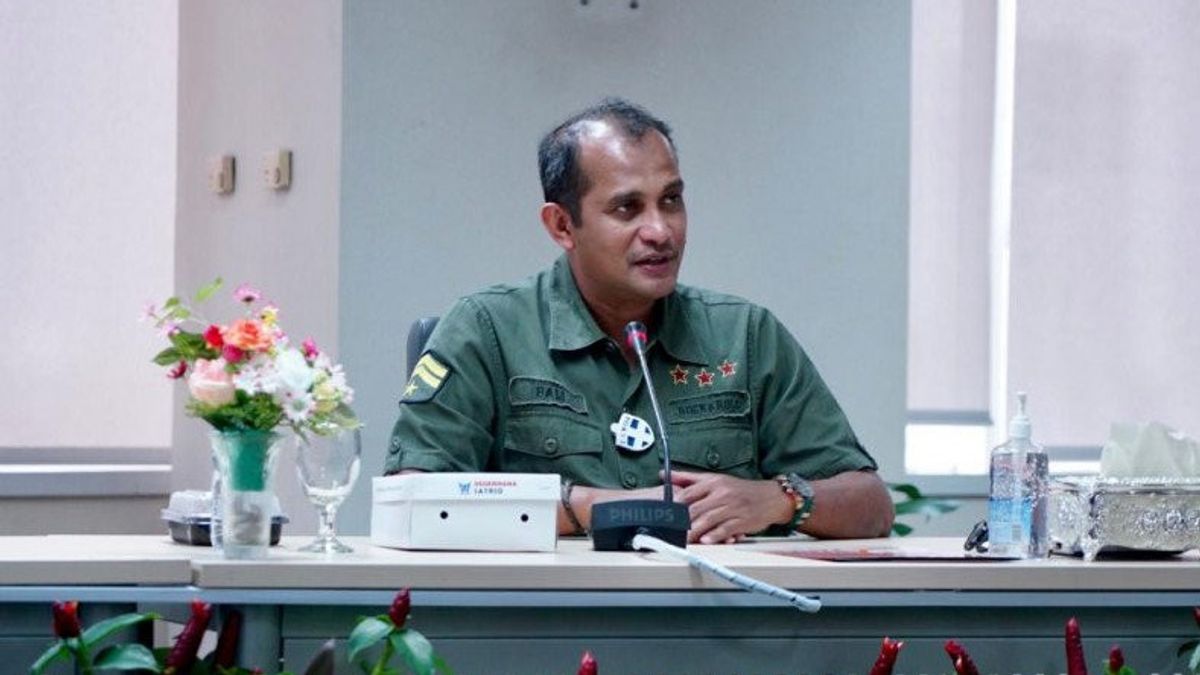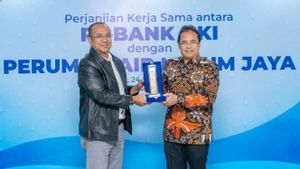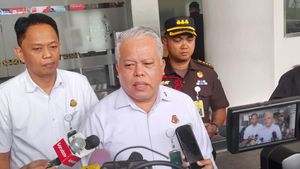JAKARTA - Deputy Minister of Law and Human Rights, Prof. Edward Omar Sharif Hiariej, reminded public officials to be aware of gratuities because they are categorized as corrupt practices.
Public officials called Edward Omar must remain with integrity, transparency, and maintain accountability in carrying out their duties.
"Integrity is the main key in preventing corruption," he said, quoted by Antara, Tuesday, October 5.
He said the United Nations Anti-Corruption Convention agreed that integrity, transparency, and accountability were important factors in fighting racism. In the Workshop session Towards the Integrity Zone at Graha Pengayoman, Ministry of Law and Human Rights, he also explained the difference between gratification and bribery.
“In the language of the law it reads like this, every gratuity is considered a bribe. But, why should legislators separate it? (The reason is), because there is a difference in principle between gratification and bribery,” continued the Deputy Minister of Law and Human Rights.
Prof. Edward Omar explained that gratification and bribery are different because there is a meeting of minds between the bribe giver and the bribe recipient.
"If there is a bribe, there is a meeting of minds, there is an agreement. However, if there is gratification without a meeting of minds, there is no agreement," he said.
For example, if someone asks to be promoted with the lure of a prize if successful, then it is a bribery act, while the gratification of the gift is that the recipient does not agree with the lure of the gift.
However, the Deputy Minister of Law and Human Rights explained that public officials should be more aware of giving gratuities than being ready.
"When a public official occupies his position, what must be prevented, what must be guarded is not bribery, (but) gratification, because when he avoids gratification, he automatically avoids bribery," he said.
In the workshop which was opened on Monday, October 4, the Deputy Minister of Law and Human Rights also said that it was difficult to eradicate corruption in Indonesia due to the lack of integrity and self-awareness of a number of officials and some members of the public.
The reason is that non-corruption compliance in Indonesia is still driven more by fear of sanctions/punishments than awareness in each person.
"We are obedient to the rules, because there is encouragement from outside, not from our conscience," he explained.
The English, Chinese, Japanese, Arabic, and French versions are automatically generated by the AI. So there may still be inaccuracies in translating, please always see Indonesian as our main language. (system supported by DigitalSiber.id)












